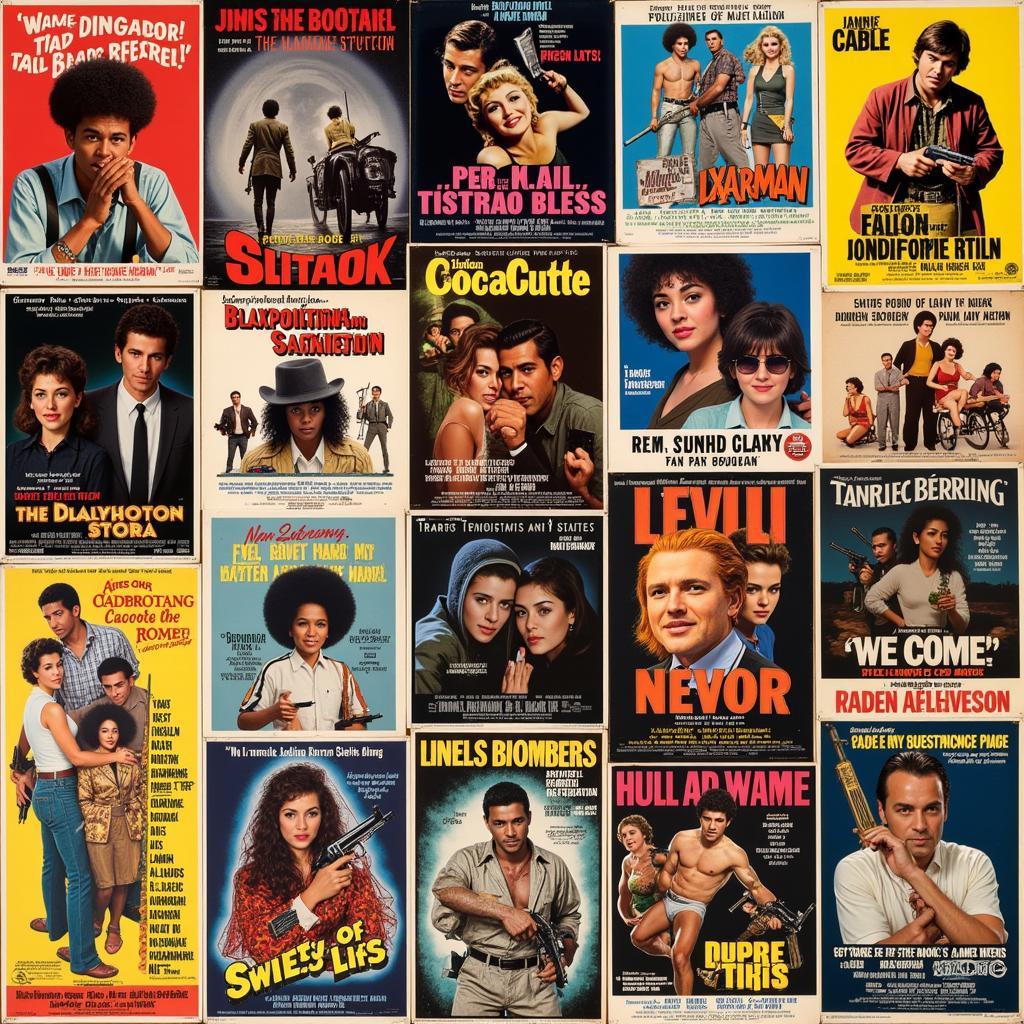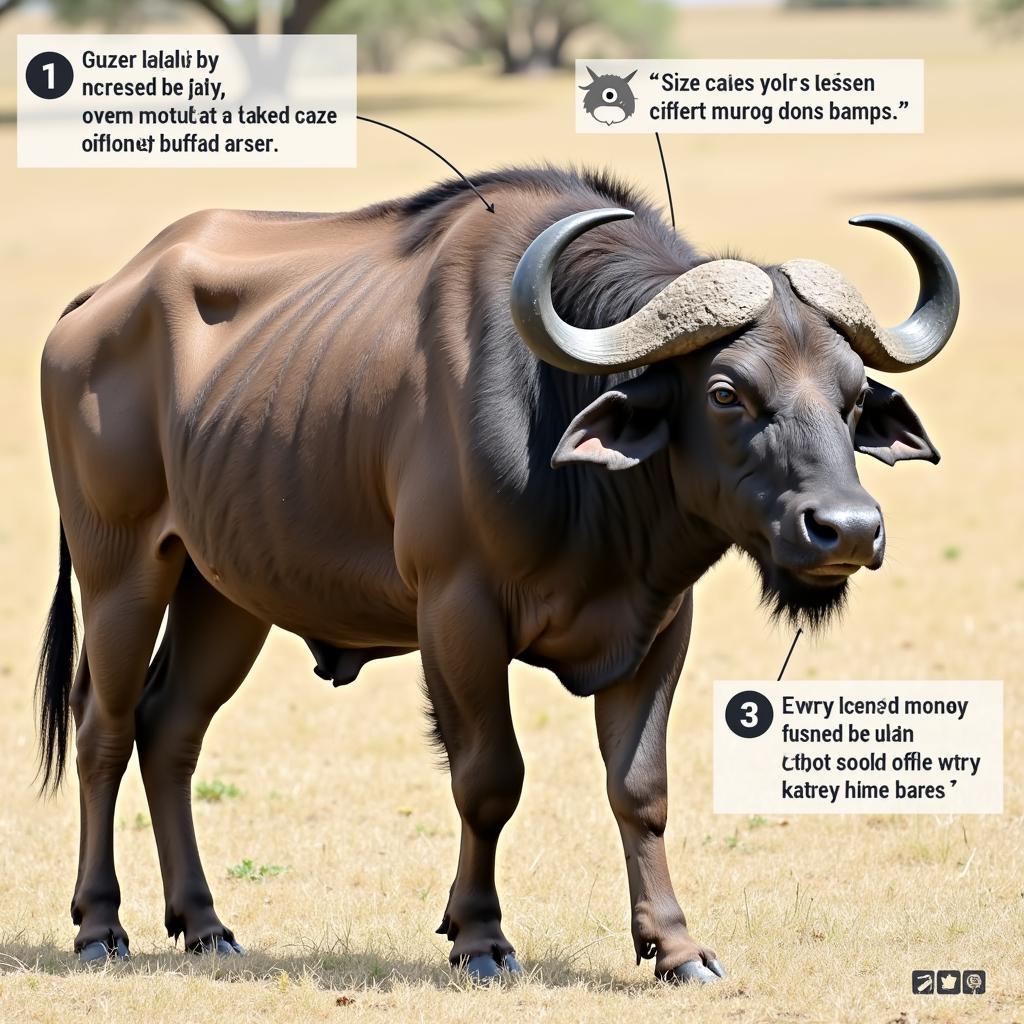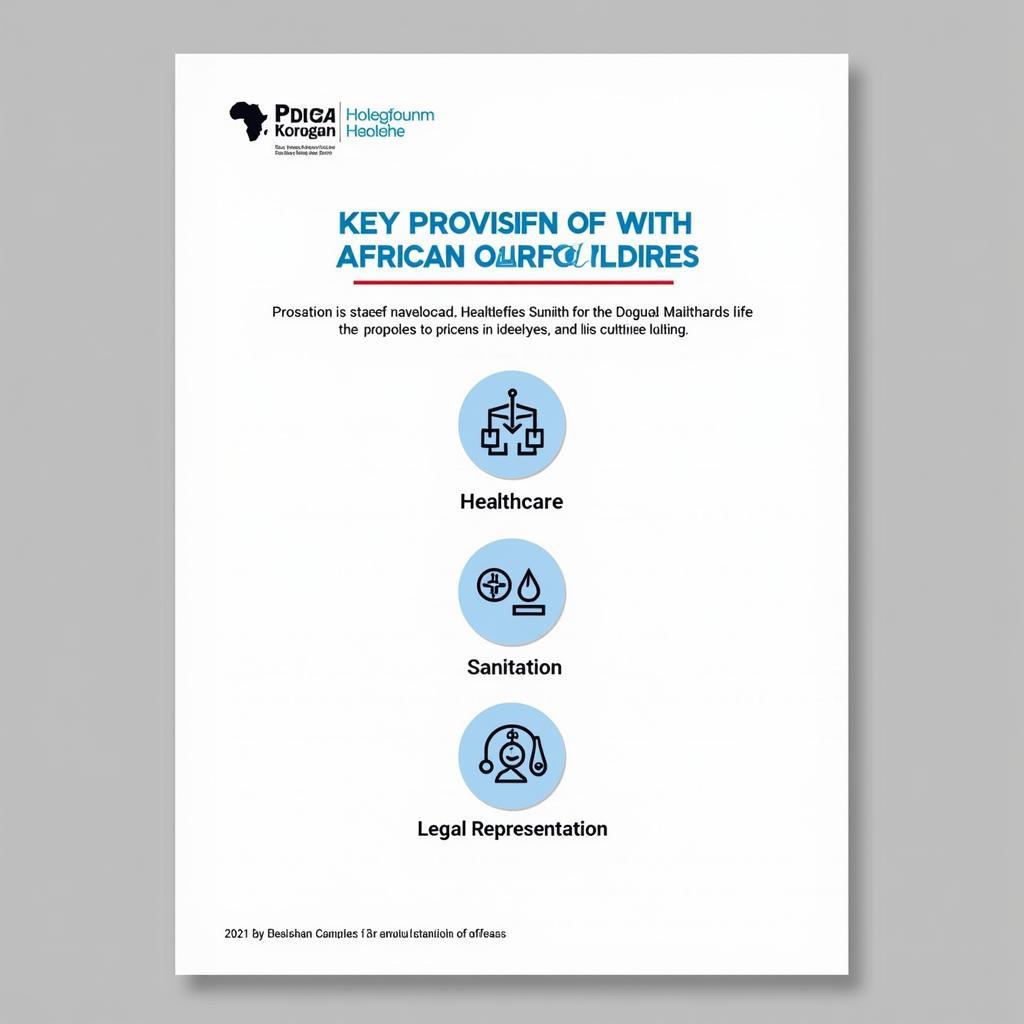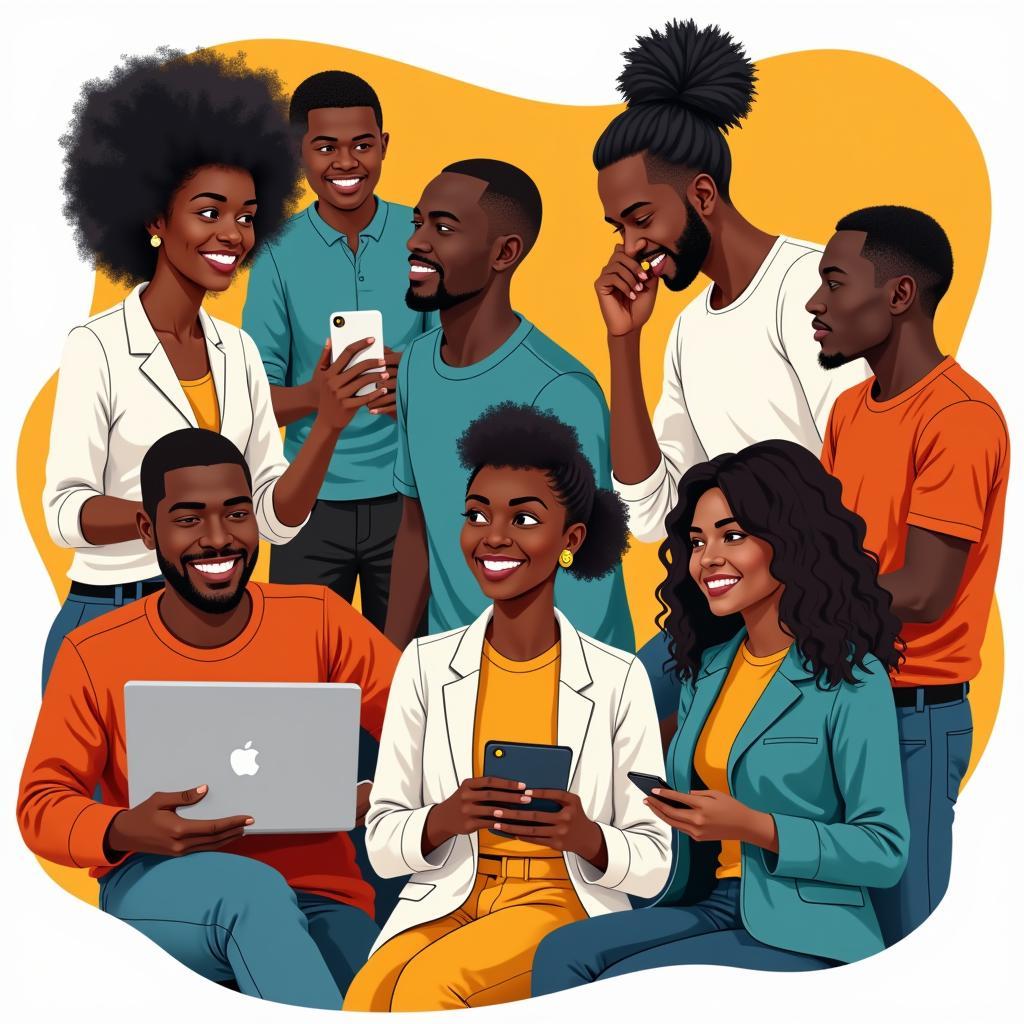African American Movies That Received Backlash
African American cinema has a rich history, brimming with stories of resilience, joy, and struggle. Yet, some films that dare to challenge societal norms or delve into sensitive topics have sparked controversy and received backlash, often revealing deeply ingrained biases within society. These reactions, though sometimes disheartening, provide an opportunity for crucial conversations about representation, perspective, and the power of storytelling.
Navigating Controversy: When Art Provokes Dialogue
It’s important to distinguish between films that received backlash for their quality and those that sparked debate because of their thematic content. While some movies might be poorly received due to technical or narrative shortcomings, others face criticism for pushing boundaries and challenging the status quo. This distinction is particularly crucial when discussing African American cinema, where depictions of Black experiences can be met with resistance, especially when they confront uncomfortable truths about race, identity, and history.
A Legacy of Scrutiny: Examining Historical Backlash
One cannot delve into the conversation about backlash against African American films without acknowledging the historical context. The very act of Black people telling their own stories has often been met with resistance. From the early days of cinema, when racist stereotypes were pervasive, to the blaxploitation era of the 1970s, which faced criticism for its portrayals of Black characters, African American filmmakers have navigated a complex relationship with audiences and critics alike.
 Blaxploitation movie posters
Blaxploitation movie posters
Case Studies in Backlash: Films That Sparked Debate
Several films serve as compelling case studies in understanding the complexities of backlash against African American cinema. “Do the Right Thing” (1989), Spike Lee’s masterpiece about racial tensions in Brooklyn, ignited fierce debate upon its release for its unflinching portrayal of police brutality and social unrest. Similarly, “Daughters of the Dust” (1991), Julie Dash’s visually stunning film about three generations of Gullah women on the eve of the Great Migration, faced criticism for its non-linear narrative and focus on Black feminine experiences.
More recently, “Queen & Slim” (2019), a powerful film about a Black couple forced to go on the run after a fatal encounter with a racist police officer, sparked conversations about racial profiling, police brutality, and the complexities of Black love in contemporary America. These films, while receiving critical acclaim, also faced criticism and controversy, highlighting the ways in which depictions of race and racism continue to be met with resistance in certain circles.
The Importance of Diverse Voices
The backlash faced by some African American films underscores the importance of diverse voices in filmmaking. When stories are told from a singular perspective, they risk perpetuating stereotypes and limiting our understanding of the world. African American filmmakers, by sharing their unique perspectives and experiences, offer invaluable insights into the complexities of race, identity, and culture.
Moving Forward: Embracing Nuance and Dialogue
The conversation surrounding backlash against African American films is ongoing and multifaceted. It requires a nuanced understanding of the historical context, the power dynamics at play, and the importance of representation. It’s crucial to approach these discussions with sensitivity and an openness to engage with differing viewpoints. By fostering dialogue and embracing the richness and diversity of African American cinema, we can move towards a more inclusive and understanding cinematic landscape.
Conclusion
African American Movies That Received Backlash often serve as important cultural touchstones, sparking crucial conversations about representation, perspective, and the power of storytelling. By engaging with these films and the controversies they ignite, we can challenge our own biases, broaden our understanding of the world, and appreciate the vital role that diverse voices play in shaping our cultural landscape.



